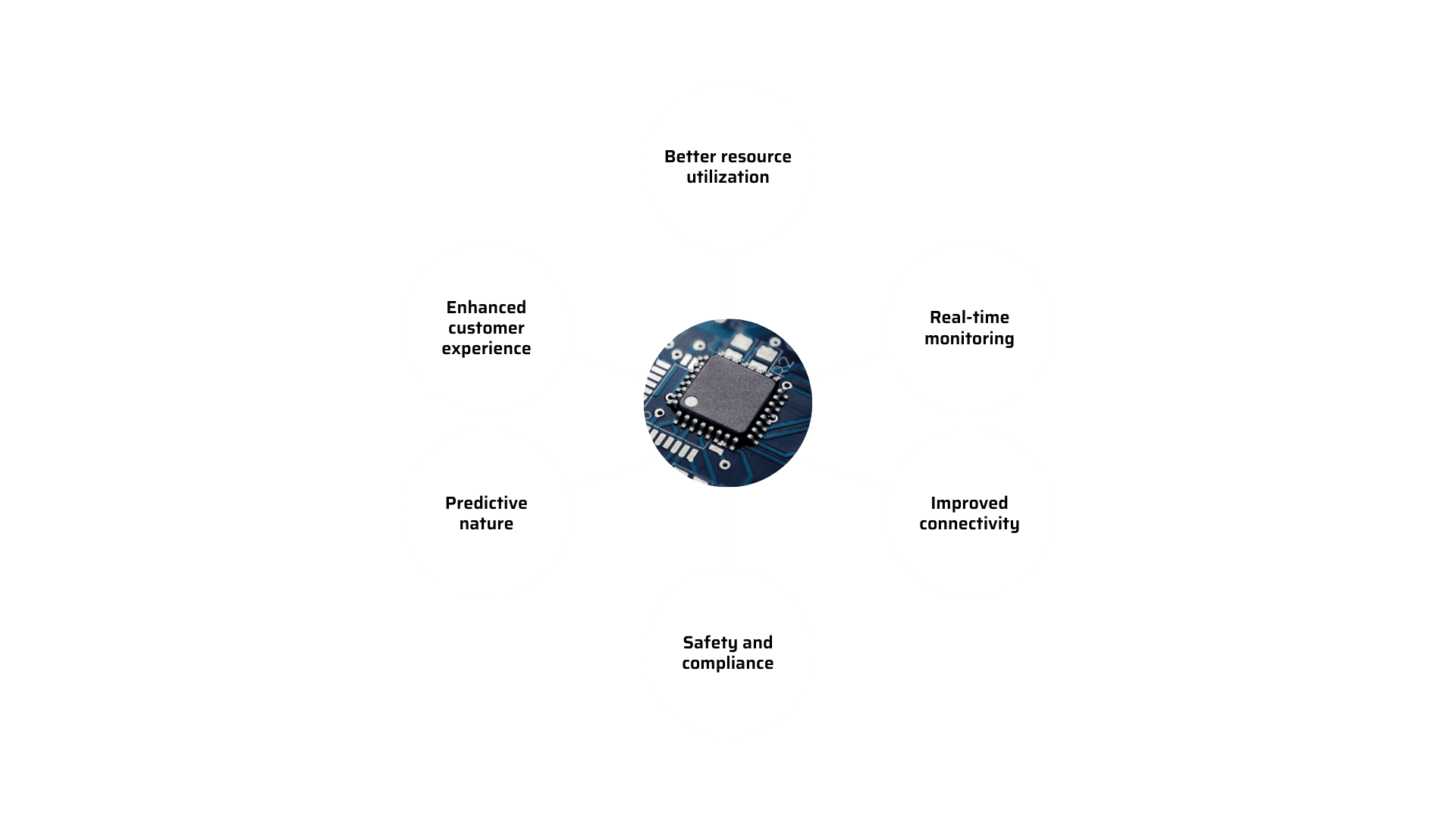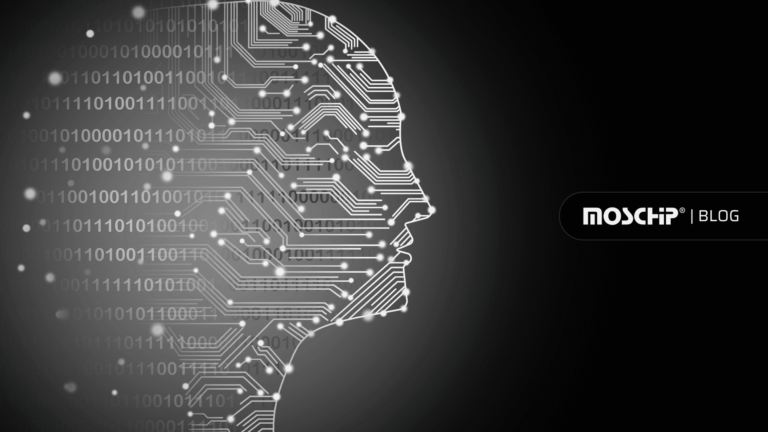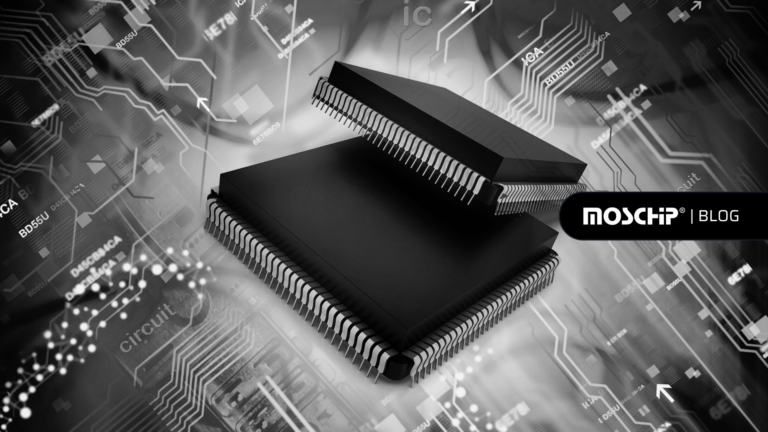Precision Product Engineering to Amplify System Efficiency and Reliability
Digitalization has resulted in significant advancements in various operations in today’s fast-paced world. Sensors, chips, and computers have advanced significantly, making systems and software crucial for industries to keep up with the latest developments. According to Precision Reports, the global System Design market was valued at USD 85.26 billion in 2023. The forecast suggests that by 2030, the market will grow to reach a value of USD 125.41 billion, with a Compound Annual Growth Rate (CAGR) of 5.6% over the forecast period from 2024 to 2030.
In industrial automation, product engineering is transforming these systems which are responsible for maintaining and controlling manufacturing processes, managing the robot or cobot assembly lines, monitoring and regulating temperature in industrial furnaces. In industries like automotive where precision is important, these systems can play a pivotal role in sending signals and managing autonomous driving, here’s real-time operation plays its role which is a major performing aspect in these systems.
How can product engineering make better devices?
Product engineering can significantly enhance devices by optimizing their performance and functionality. The systems software serves as the bridge between hardware and software components, ensuring seamless interaction and efficient operation. Its primary role is to manage specific functionalities and hardware components to achieve the system’s intended purpose. One of the key requirements of the system software is to operate autonomously, minimizing the need for human interactions. This autonomous function can be brought by the algorithms that are integrated into the system’s software, allowing devices to function independently and respond rapidly to external inputs.
To achieve optimized performance across various industrial use cases, systems need to achieve an optimized state with the help of systems software services. This optimization involves many factors.
Let’s break down every aspect from different perspectives in various sections

Benefits of system Design and software
- Better resource utilization: These systems help to automate processes, reducing the need for human interactions, and lowering risk factors. This not only improves efficiency but also lowers operational costs in the long run. Additionally, systems software enables better resource utilization, optimizing energy consumption and minimizing waste.
- Real-time monitoring for improved efficiency: It can streamline operations through automation. This leads to increased productivity, reduced lead times, and improved overall efficiency. Real-time monitoring and control capabilities provided by system software contribute to smoother workflows and faster decision-making processes.
- Reliability: It can also play a crucial role in ensuring product consistency and reliability. Real-time monitoring and control mechanisms help identify and address issues promptly, minimizing defects and improving the overall quality of the end product. This is particularly significant in sectors such as automotive manufacturing and electronics.
- Improved connectivity: In consumer electronics and product development, it allows for the creation of highly customizable and innovative solutions. Smart home devices, wearable technology, and IoT-connected products are examples of how system software enables unique features and functionalities, catering to diverse consumer needs and preferences.
- Safety and compliance: In sectors such as healthcare, where safety is paramount, it contributes to ensuring compliance with stringent regulations. Medical devices, for instance, rely on system software to meet industry standards and deliver secure and reliable performance. This focus on safety enhances the reputation of the organization and builds trust among consumers and regulatory bodies. This is one major challenge that occurs in every smart connected device when it is interconnected to external resources, data breaches and malicious attacks are the major concerns. To eliminate the risks of data breaches and incorporate security measures to safeguard your system, talk with our device and data security solution experts, or if you want to read more about the device and data security in smart connected devices click here.
- Predictive nature: Industries like utilities and infrastructure benefit from the remote monitoring and maintenance capabilities of such systems. These systems can detect faults and issues in real-time, allowing for prompt responses and reducing downtime. This is particularly crucial in scenarios where physical access to equipment is challenging, such as in offshore oil and gas installations.
- Enhancing customer experience: In the retail and service sectors, smart devices can enhance the customer experience. Point-of-sale systems, self-service kiosks, and personalized recommendations powered by system software contribute to a seamless and engaging customer journey, leading to increased satisfaction and loyalty.
- One of the most intelligent techs: These systems generate valuable data through sensors and connected devices. This data can be harnessed for informed decision-making in sectors like healthcare, finance, and retail. Analytics derived from system software contribute to a deeper understanding of consumer behavior, market trends, and operational performance, empowering organizations to make strategic decisions based on real-time insights.
About MosChip:
MosChip has 20+ years of experience in Semiconductor, Product Engineering services & Software, security with the strength of 1300+ engineers.
Established in 1999, MosChip has development centers in Hyderabad, Bangalore, Pune, and Ahmedabad (India) and a branch office in Santa Clara, USA. Our software expertise involves platform enablement (FPGA/ ASIC/ SoC/ processors), firmware and driver development, systems security, BSP and board bring-up, OS porting, middleware integration, product re-engineering and sustenance, device and embedded testing, test automation, IoT, AIML solution design and more. Our semiconductor offerings involve silicon design, verification, validation, and turnkey ASIC services. We are also a TSMC DCA (Design Center Alliance) Partner.
Stay current with the latest MosChip updates via LinkedIn, Twitter, FaceBook, Instagram, and YouTube






